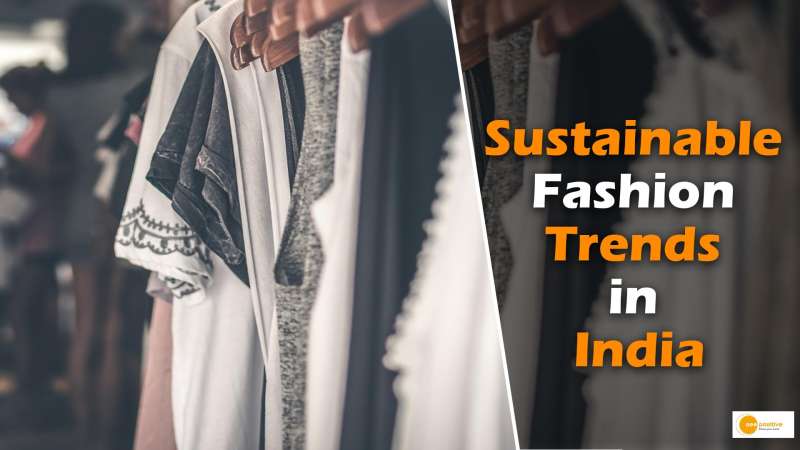

In a world dominated by fast fashion, where trends change at a rapid pace, sustainable fashion has emerged as a beacon of hope. Often believed to be exclusive to the wealthy, the truth is that sustainable clothing is accessible to anyone who wants to make conscious choices. India, with its rich heritage and growing environmental awareness, is witnessing a surge in the popularity of sustainable fashion. As consumers become increasingly conscious of the environmental and social impact of the fashion industry, they are embracing eco-friendly design trends. Let’s delve into the sustainable fashion trends shaping India’s sartorial landscape.
Organic and Natural Fabrics
The use of organic and natural fabrics is a key trend in sustainable fashion. Organic cotton, hemp, bamboo, and linen are gaining popularity for their eco-friendly attributes. Grown without harmful chemicals, pesticides, and insecticides, these fabrics reduce the environmental footprint of the fashion industry. They offer a harmonious blend of style and sustainability, allowing fashion-conscious individuals to make a positive impact on the planet.
Minimalism and Capsule Wardrobes
Minimalist fashion and capsule wardrobes have become a favored approach to sustainable dressing. These trends promote mindful consumption and encourage investing in versatile, timeless pieces. By curating a capsule wardrobe comprising simple, neutral-colored clothing and accessories, individuals can create a multitude of outfits. This reduces the need for excessive consumption and fosters a more sustainable and thoughtful approach to personal style.
Upcycling and Recycling: Transforming Waste into Fashion
Upcycling and recycling techniques are transforming the fashion industry’s approach to waste. Designers are harnessing their creativity to repurpose old garments, fabric scraps, and discarded materials into unique, new clothing pieces. This not only breathes new life into existing garments but also reduces the burden on landfills. Upcycling and recycling contribute to a circular fashion economy, where resources are utilized to their fullest potential.
Embracing Quality and Mindful Consumption
The slow fashion movement advocates for quality over quantity and encourages mindful consumption. It urges individuals to reconsider their fashion choices, emphasizing durability, and timeless design. By investing in well-made, enduring pieces, consumers can build a wardrobe that stands the test of time. Slow fashion encourages a deeper connection with garments, fostering a sense of appreciation for the craftsmanship and the stories behind them.
Local and Artisanal Craftsmanship
Sustainable fashion in India is intrinsically linked to the preservation of traditional craftsmanship and the empowerment of local artisans. Brands are collaborating with artisans to showcase traditional weaving, dyeing, and embroidery techniques. By integrating these age-old practices into contemporary fashion, sustainable brands not only revive traditional arts but also provide livelihood opportunities for local communities. This harmonious blend of heritage and sustainability adds a unique charm to Indian fashion.
Conclusion
The sustainable fashion revolution in India signifies a shift towards conscious consumerism. As people become more aware of the environmental and social impact of the fashion industry, they are actively seeking sustainable alternatives. Organic and natural fabrics, minimalism, upcycling, the slow fashion movement, and the celebration of local craftsmanship are key trends driving sustainable fashion in India. By embracing these trends, individuals can make style choices that align with their values, contributing to a more sustainable and compassionate fashion industry. Together, we can create a fashion landscape that cherishes both style and the planet.


